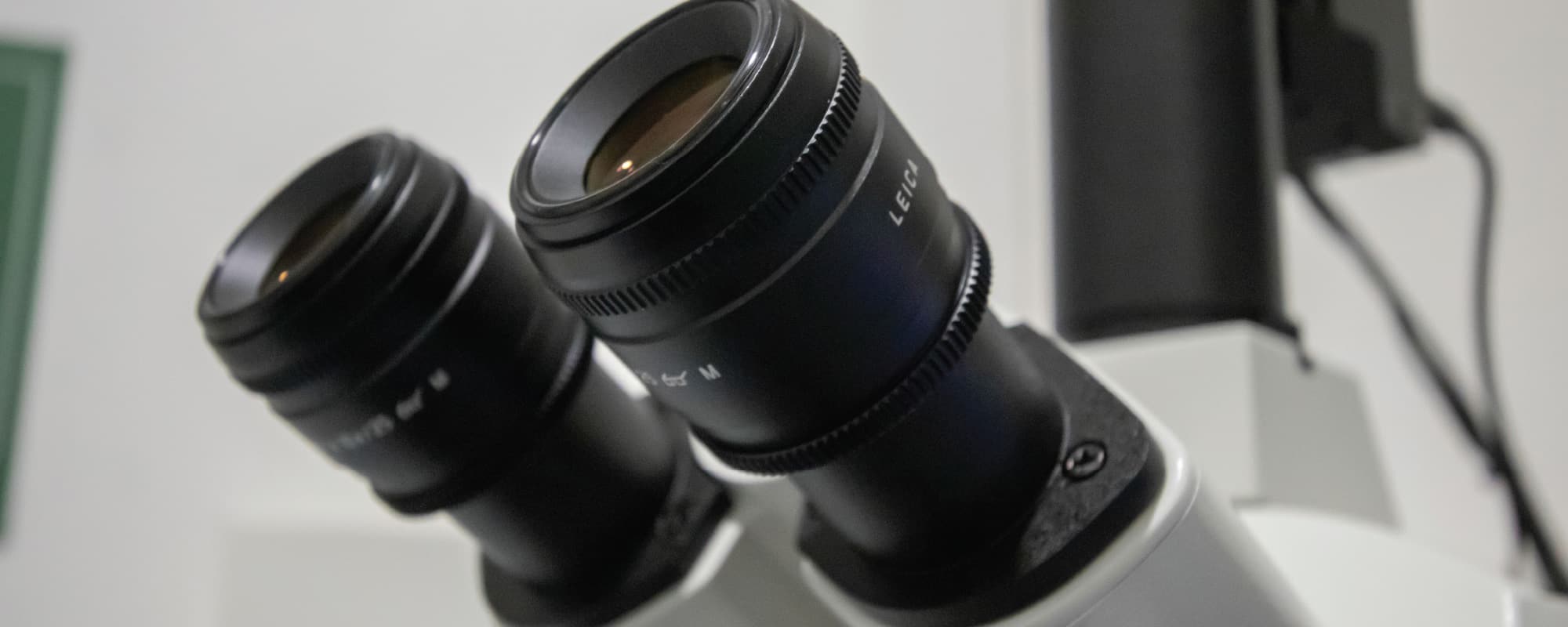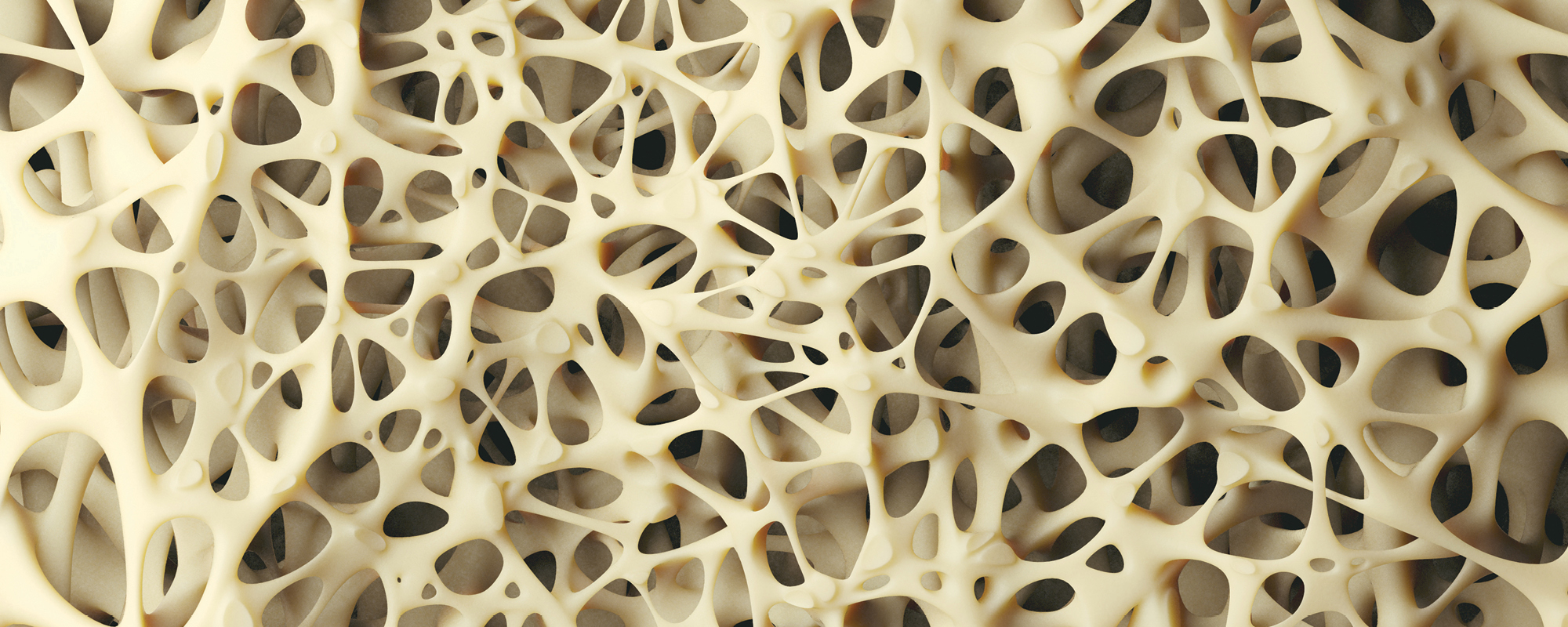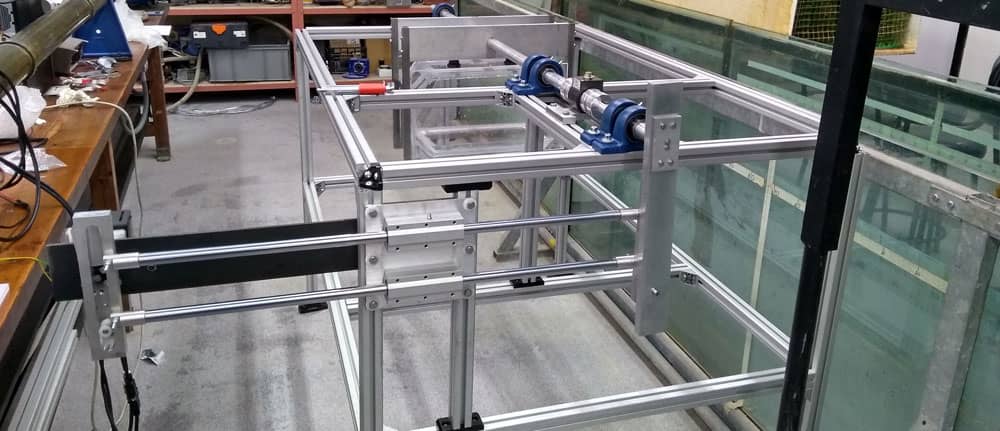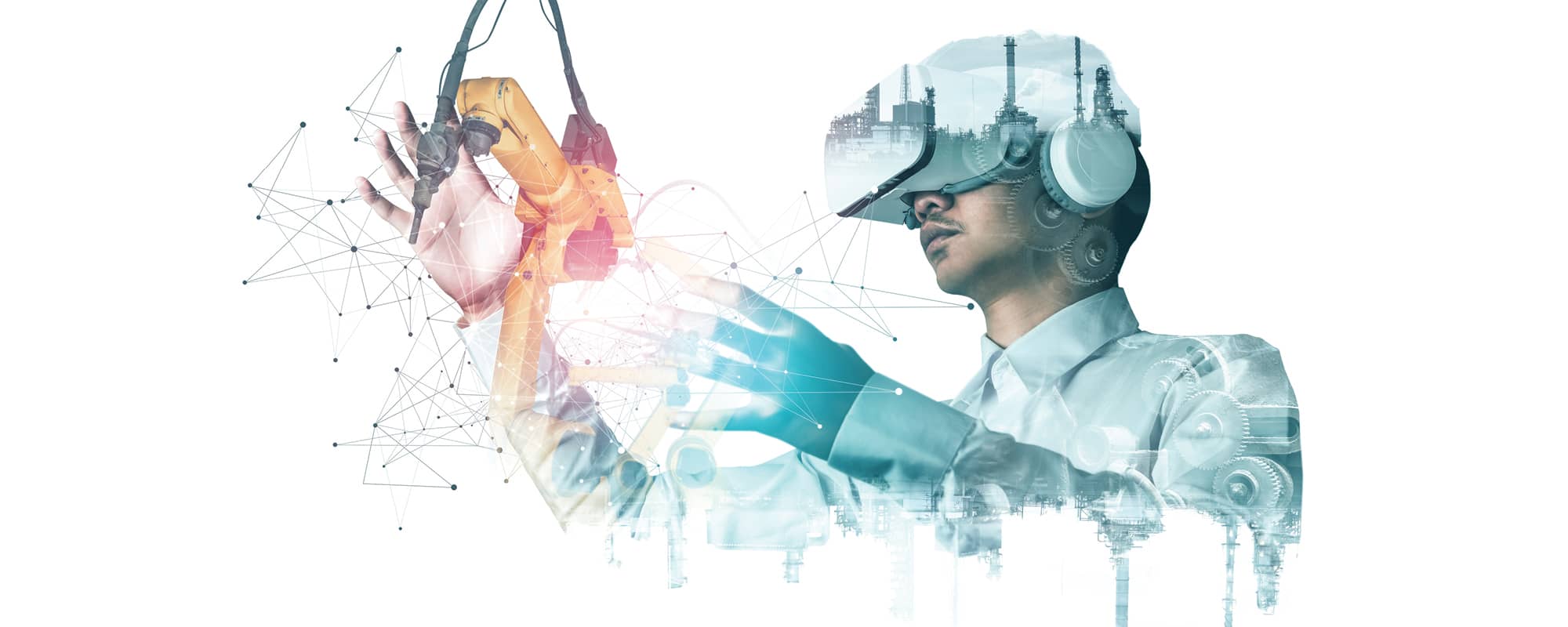For many of us, video games are a fun way to spend an evening. However, for some, video games are an integral part of our lives. When we’re not playing them, we’re reading about them, trawling through forums and ‘let’s plays’, and making them. The Global Game Jam brings together like-minded people for an intense three days of developing a game from scratch.
Continue readingLet’s Have a Chat about ChatGPT
ChatGPT has taken the world by storm since its launch in November 2022. It is a chatbot developed by OpenAI and built on the GPT-3 language model. What sets it apart from other AI chatbots is the sheer amount of data it has been trained on, allowing the quality of its responses to cause waves, leading to headlines such as ChatGPT passing key professional exams. It has also consequently caused concern in academia that it may be used to cheat at exams and assignments. We speak to two academics from the University of Malta, Dr Claudia Borg and Dr Konstantinos Makantasis, to see how academia should adapt. Are such advances a threat to be curbed or an opportunity to be exploited?
Continue readingThe Microscopic World in Sharp Focus
The Leica Thunder Imaging System not only lives up to its grandiose name, it also exceeds it in its purpose. At first glance, the system looks just like your traditional microscope with a flatscreen monitor connected to it. THINK finds itself in the Motor Neuron Disease laboratory at the Centre for Molecular Medicine and Biobanking at the University of Malta. The dim lighting around the setup creates an impressive atmosphere. Images flash on the attached screen, and the sophisticated high-tech features of this specialised microscope become clearer. ‘There is no other microscope like this,’ says Mr Zachary Muscat, Accounts Manager at Evolve Ltd. — suppliers of this equipment to the University.
While traditional microscopes have no issue focusing on normal cells, they tend to struggle with tissue samples. Tissue samples are somewhat thicker, and a typical microscope causes blurring at the centre of the projected image. Clarity and sharpness are critical in a field that requires precise analysis of samples, and the distortions caused by such image processing can severely limit the researcher.
Being only one out of a hundred currently in use worldwide, the Leica Thunder Imaging System is capable of removing this blurring in real-time. Prof. Ruben J Cauchi, who leads the laboratory, explains the concept behind this piece of technology. ‘It looks like a normal microscope,’ he says. ‘The difference is that it has a tower with a powerful processor, and this is its core facility.’ Its high processing power, combined with technology typically used for gaming, allows for the enhancement of images beyond the capabilities of a standard microscope. While traditional microscopes use natural light, the Leica Thunder Imaging System splits natural light into different wavelengths to excite different fluorescent stains, and the processor captures the illumination of these stains independently, while the software compiles the images to produce razor-sharp results.
The laboratory’s primary research focuses on motor neuron diseases such as ALS (Amyotrophic Lateral Sclerosis), by utilising fruit flies as specimens under the microscope’s powerful lens. These insects serve as a model organism of ALS by removing genes causing the disease. ALS flies typically end up with weakness of the muscles used for flight. Prof. Cauchi emphasises the impact of the Thunder microscope for such research. ‘What we can do now is dissect the organism and see what is actually happening at a molecular level in the neurons and muscles. Previously, that was difficult to do.’
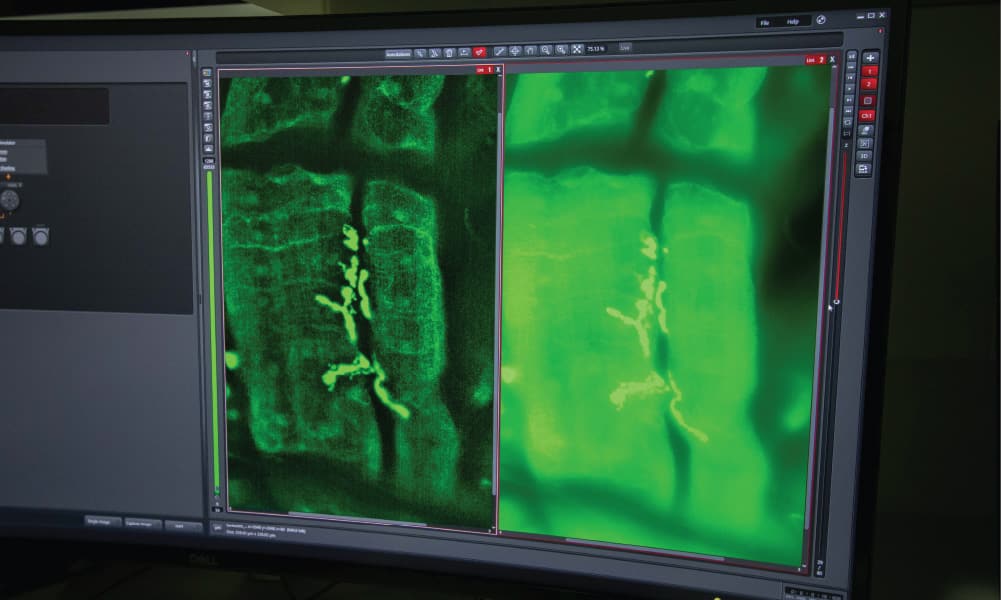
Besides ALS, the laboratory is also focusing on projects concerning COVID-19. Research is being conducted on the ACE2 receptor, that same receptor which coronavirus particles bind themselves to before entering human cells. ‘So with the microscope, we are also looking at the location of this receptor and how we can actually find therapeutic approaches that decrease the levels of this receptor.’ In the long run, this will have a significant impact on the health sector by providing it with crucial information for the creation of specific drugs which can be used not only for COVID-19 but also potentially for future pandemics.
Equipment supplied by Evolve Ltd. through collaboration with the University of Malta, and made possible with funding from the Malta Council for Science & Technology COVID-19 R&D Fund (Project COV.RD.2020–22).
Maltese Innovation Promises New Era in Accessing Space
A team of researchers and engineers from the University of Malta’s Astrionics Research Group (ASTREA) are developing their own satellite and ground station for Malta to take its place in the night sky above.
Continue readingGames, TAMED, and AI Empathy
TAMED is a University of Malta project developing ‘affective computing’ in video games, which would enable them to interpret human emotions. Jonathan Firbank goes into detail with Dr Konstantinos Makantasis.
Continue readingThe many dimensions of data
Do you feel safe walking around after dark? Does the size of the city affect how you feel? How do these feelings compare between men and women? For data analysts, these questions come with unwieldy amounts of data. Luckily, Dr Gianmarco Alberti from the Department of Criminology (Faculty of Social Wellbeing, University of Malta) has authored a free software that visually portrays data patterns in a practical way.
Continue readingPlaying with AI
By 2017, AI had advanced far enough for AlphaGo, a specialised AI that can play the highly complex board game Go, to beat the major Go players in the world and be awarded professional 9-dan by the Chinese Weiqi Association. Go, however, is a fully deterministic game like Chess, with no random elements. Probabilistic games like Pandemic, on the other hand, are even trickier for AI to play efficiently, as the randomness of dice rolls or shuffled cards makes it much harder for computers to crack them. This problem inspired me (Konstantinos Sfikas) to attempt to create an AI that can play the Pandemic board game.
Continue readingBridging the Gap: Bone grafts of the future
Better recovery for patients, reduced need for revision surgeries, and many hundreds of thousands of euros saved for public health and industry. That could be the outcome of four years’ intense work by engineers and medical professionals at the University of Malta and Mater Dei Hospital in developing biodegradable metal-based tailor-made bone scaffolds. Cassi Camilleri writes.
Continue readingSloshing of Liquid Cargo
Maritime transportation accounts for around 80% of the worldwide transportation of goods and plays a crucial role in sea borne global trade. It is the most economically efficient means for long-distance, inter-continental transportation, but it also boasts one of the lowest emissions per kilometre and unit transported.
Continue readingCyberselves 2077
We’ve been dreaming of robots for over a century, but are we any closer to having fully-automated robots? David Mizzi from THINK gets in touch with University of Malta (UM) alumnus and CEO and founder of Cyberselves, Daniel Camilleri, to talk robots.
Continue reading


